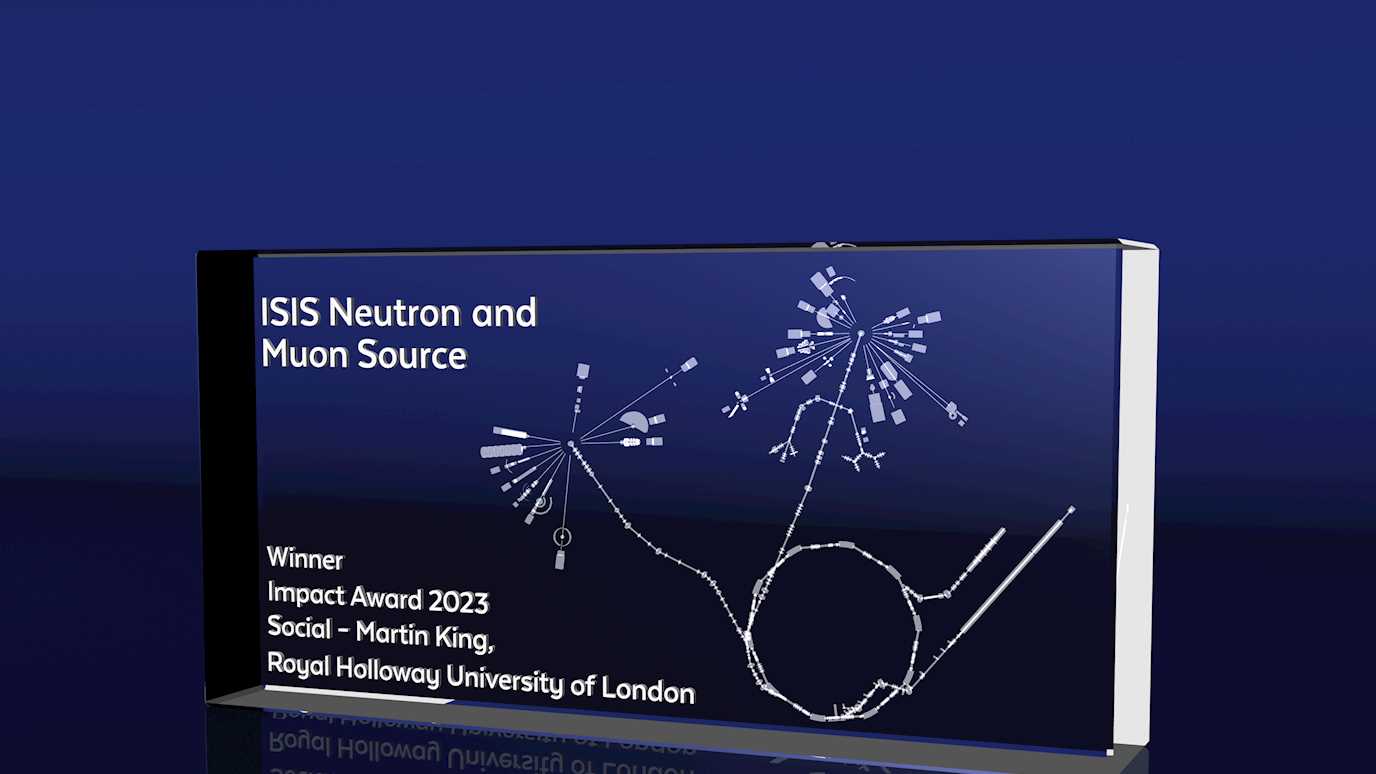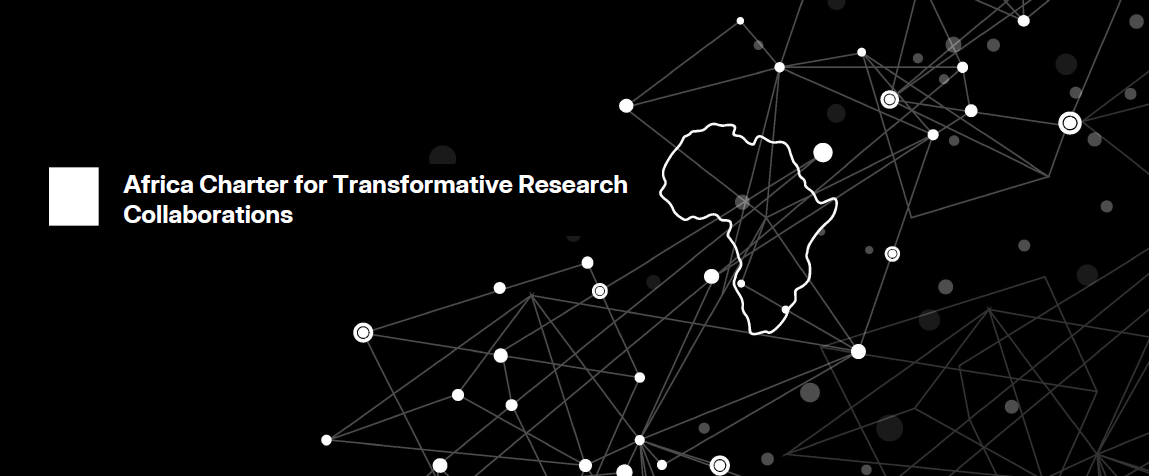Professor Martin King, from the Department of Earth Sciences has been awarded the Society Impact Award at the ISIS Impact Awards 2023 for research into atmospheric aerosols, which can accelerate climate change.

Professor Martin King, from the Department of Earth Sciences has been awarded the Society Impact Award at the ISIS Impact Awards 2023 for research into atmospheric aerosols, which can accelerate climate change.
Atmospheric aerosols come from a variety natural phenomena like volcanic eruptions and wildfires, as well as human activities such as industrial processes and vehicle emissions.
They can scatter and absorb sunlight in the atmosphere, warming and cooling the surface of our planet in a way that is accelerating climate change, through a process called ‘atmospheric radiative forcing’.
Although this effect has been known about for some time, a lack of data has made it difficult for scientists to model effectively. The study sheds new light on the relationship between atmospheric aerosols and our environment and improved climate modelling.
ISIS Neutron and Muon Source a world-leading centre for research scientific research. It is owned and operated by the Science and Technology Facilities Council – or STFC - one of the councils that forms UK Research and Innovation (UKRI).
Introduced in 2018, the ISIS Impact Awards celebrate the scientific, social and economic impact of the facility's diverse user community.
The Society Impact Award 2023 recognised the contribution of Professor King and his team in furthering understanding of atmospheric aerosols and their impact on Earth’s climate as we strive for a better future.
Professor King said the following: “I am thrilled to receive this award on behalf of work undertaken by the team which included PhD students at RHUL, and researchers at ISIS neutron source, laser science facility, British Antarctic Survey and the University of Birmingham and funded by NERC and STFC.
“It demonstrates the societal impact of studying the atmospheric processing of a few molecules thick on cloud and aerosol droplets that may change the climate of our planet.”
Professor Martin King is a lecturer and researcher in Earth Sciences at Royal Holloway, University of London.
























